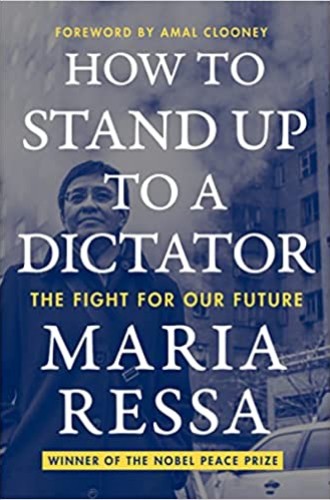Maria Ressa’s fight for democracy in the Philippines
The renowned journalist explores how the authoritarianism and corruption she has been fighting for 35 years are now aided and abetted by the internet.
In the early ’90s, my wife and I taught at a small college in the Ilocos Region of the Philippines. Telecommunication was rare, difficult, and, by today’s standards, glacially slow. We didn’t have a telephone, nor did anyone else we knew. You could not reach thousands of viewers, followers, or friends with the click of a button or by asking Alexa to do it. The words smart and phone had nothing to do with each other.
I thought often of that era while reading renowned Filipina journalist Maria Ressa’s memoir. Although the how of the fight she alludes to in the subtitle has changed—it has become a high-tech digital battle—the goal has not: democracy, equal opportunity, and socioeconomic justice for all Filipinos.
Ressa explores how the authoritarianism and state corruption she has been fighting for 35 years are now aided and abetted by the internet and social media. Whether it be covert online electioneering, reinventing history, or marketing disinformation as fact, the greatest challenges Ressa faces are online. “This book,” she writes, “is my attempt to show you that the absence of law in the virtual world is devastating.”





